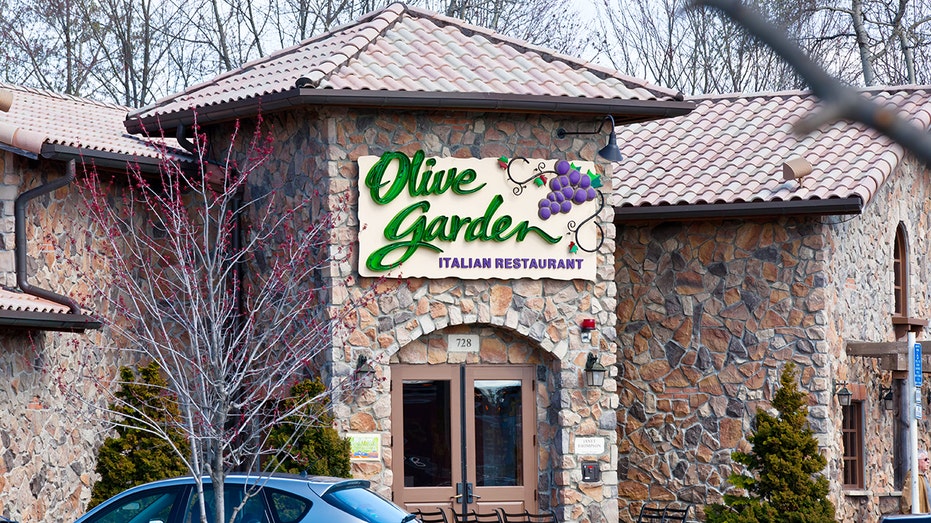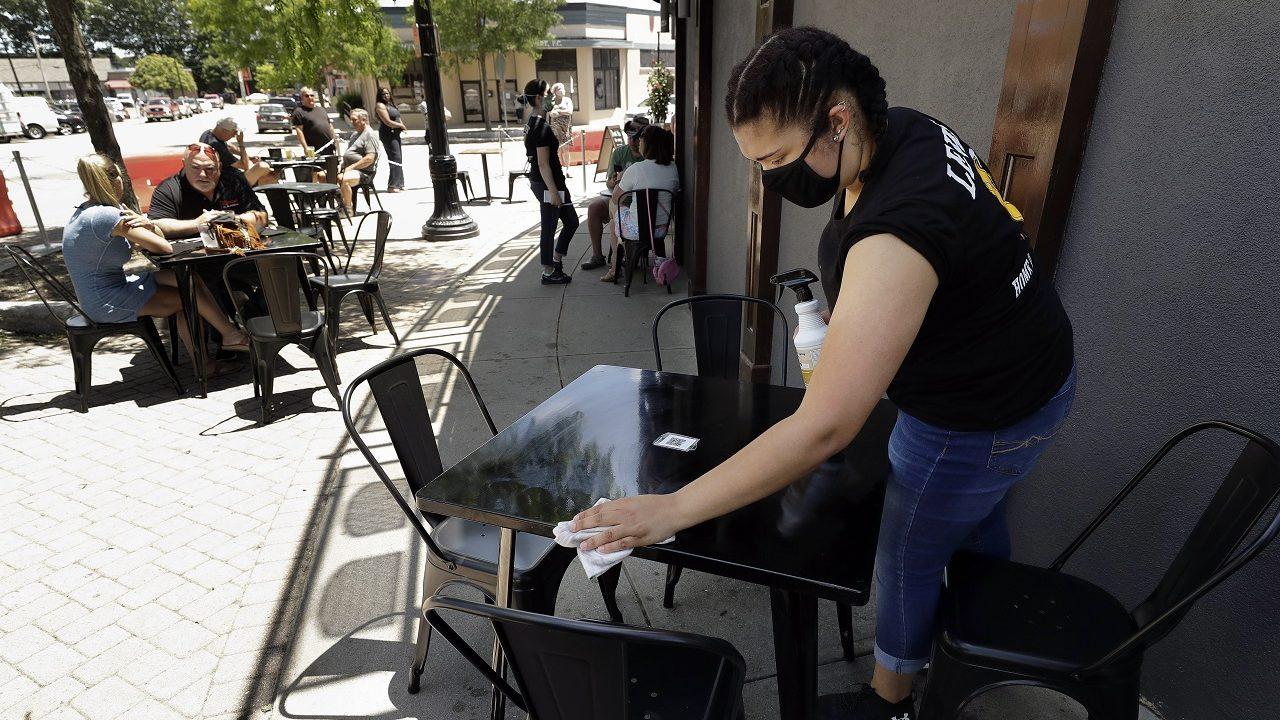Olive Garden owner Darden slims down menus for coronavirus era
Darden also operates LongHorn Steakhouse and other brands
Darden Restaurants Inc. is focusing on simplifying its menus, enhancing carryout options and revamping dining rooms as it emerges from coronavirus-inspired lockdowns.
The operator of Olive Garden, LongHorn Steakhouse and other brands said 91% of dining rooms in its restaurants were open as of Monday with at least limited capacity. Demand has picked up. Sales volume at locations open at least 16 months fell about 39% for the week ended June 7, Darden said, but that improved to a drop of roughly 30% for the week ended Sunday.
CLICK HERE TO READ MORE ON FOX BUSINESS
Governments required restaurants to close dining areas to help stop the spread of the coronavirus this spring, hitting operators of businesses built around in-store dining especially hard and forcing them to refocus on pick-up and delivery.
Darden said it hasn't seen any immediate shift in sales in states where coronavirus cases are now shooting upward, but is monitoring the situation closely and will pivot back to to-go sales if it needs to.
"Obviously we're concerned, we're focused on it," Chief Executive Gene Lee said.
The company is wrestling with how to incorporate social distancing in its restaurants, particularly at Olive Garden, which has fewer booths than the Longhorn Steakhouse chain. Darden is installing temporary barriers in 100 of its Olive Garden locations in coming weeks to see if they can help maintain 6-foot distances between parties. Going forward, the company is rethinking its restaurant designs as social-distancing becomes the norm.

Marlborough, Massachusetts, USA, - April 17, 2011: Olive Garden restaurant store front. Olive Garden is an American restaurant chain specializing in Italian-American cuisine.
Capacity restraints have at times caused long waits to get into the chain's restaurants. Darden is largely holding off on marketing for now to avoid making crowding worse.
"We don't think this is the right time to be advertising," Mr. Lee said Thursday.
Darden said it is going to largely stick with the slimmed-down menus it began using during the pandemic, which have helped reduce prep work and costs. The company's brands will add back only a few, if any, of items that were removed. Other chains, including McDonald's Corp., also are planning to keep menus with fewer options for now.
Mr. Lee said superfluous menu items have contributed to most of the complexity in its kitchens, and the pandemic provided a once-in-a-lifetime opportunity to remove them.
Darden experimented with delivery during the pandemic, but intends to stick with the beefed-up carryout offering. Other chains are also pushing carryout, which has better margins than delivery.
Stocks In This Article:
Going forward, Darden expects to benefit from its competitors' store closures due to the pandemic. "There will be less competition and less restaurants as we move forward," Mr. Lee said. "Scale is going to matter more than ever."
Executives at Starbucks Corp., Chipotle Mexican Grill Inc. and other big chains also predict they will benefit from more real-estate options as independent restaurants and retailers close. The National Restaurant Association projects that 3% of U.S. restaurants would close as a result.
Data released Thursday by review site Yelp Inc. found 53% of closed restaurants saying they won't reopen.
Darden, the first restaurant chain to report earnings representing a full period of the pandemic, shows how costly it is to run a food-service business safely.
GET FOX BUSINESS ON THE GO BY CLICKING HERE
The company said it spent $5 million on personal-protective equipment and cleaning supplies for its casual-dining brands during the quarter. It made $50 million in investments for emergency and furlough pay for workers, and paid out $25 million in manager bonuses, denting earnings.
Sales for its quarter that ended May 31 fell to $1.27 billion from $2.23 billion the year earlier, but were slightly ahead of the $1.26 billion consensus estimate.
Darden reported a quarterly loss of $480 million, or $3.86 a share, compared with a profit of $208 million, or $1.67 a share, the year earlier. Non-cash impairment charges related to goodwill, trademarks and other assets weighed on results. Its adjusted loss of $1.24 a share was better than forecasts from analysts, according to FactSet.




















